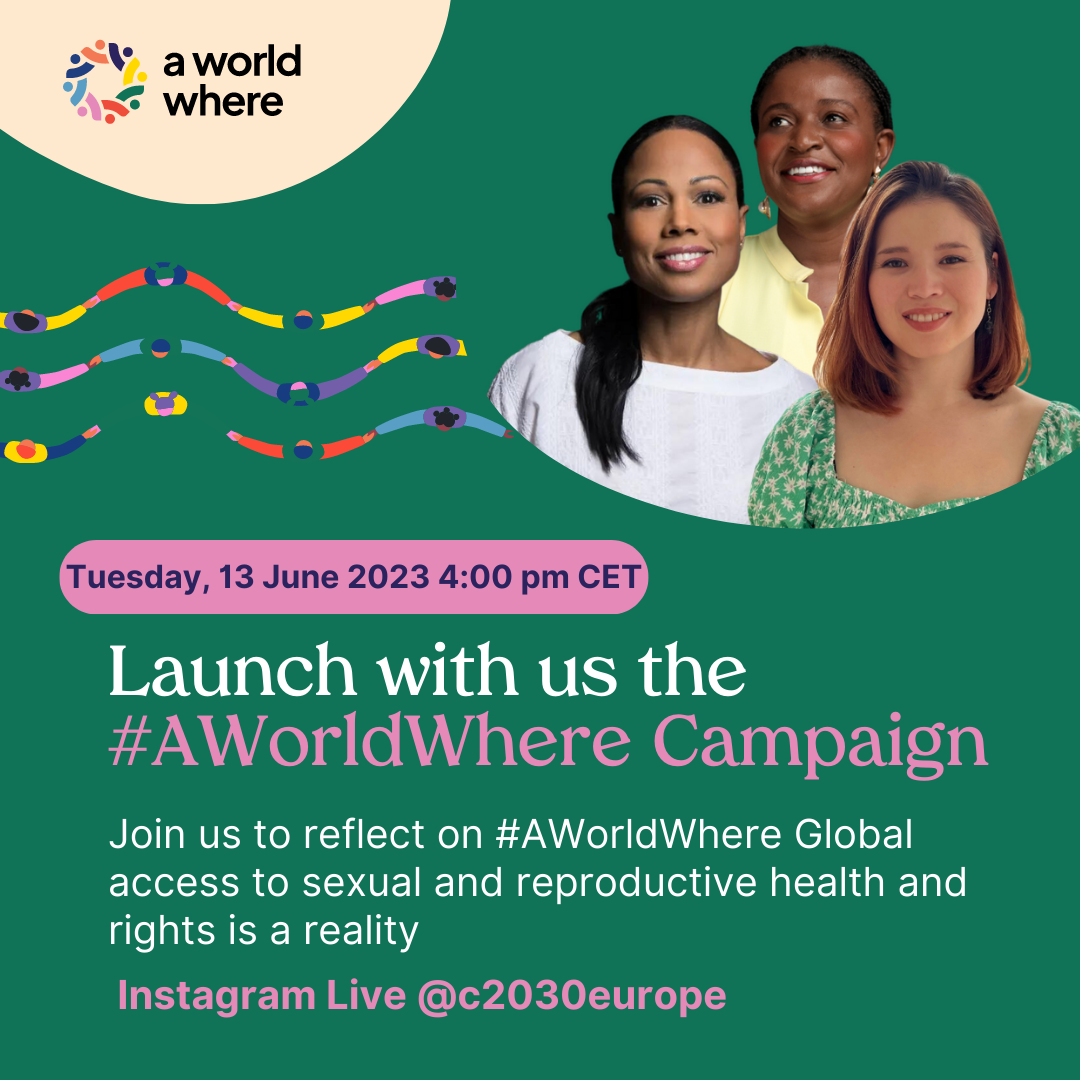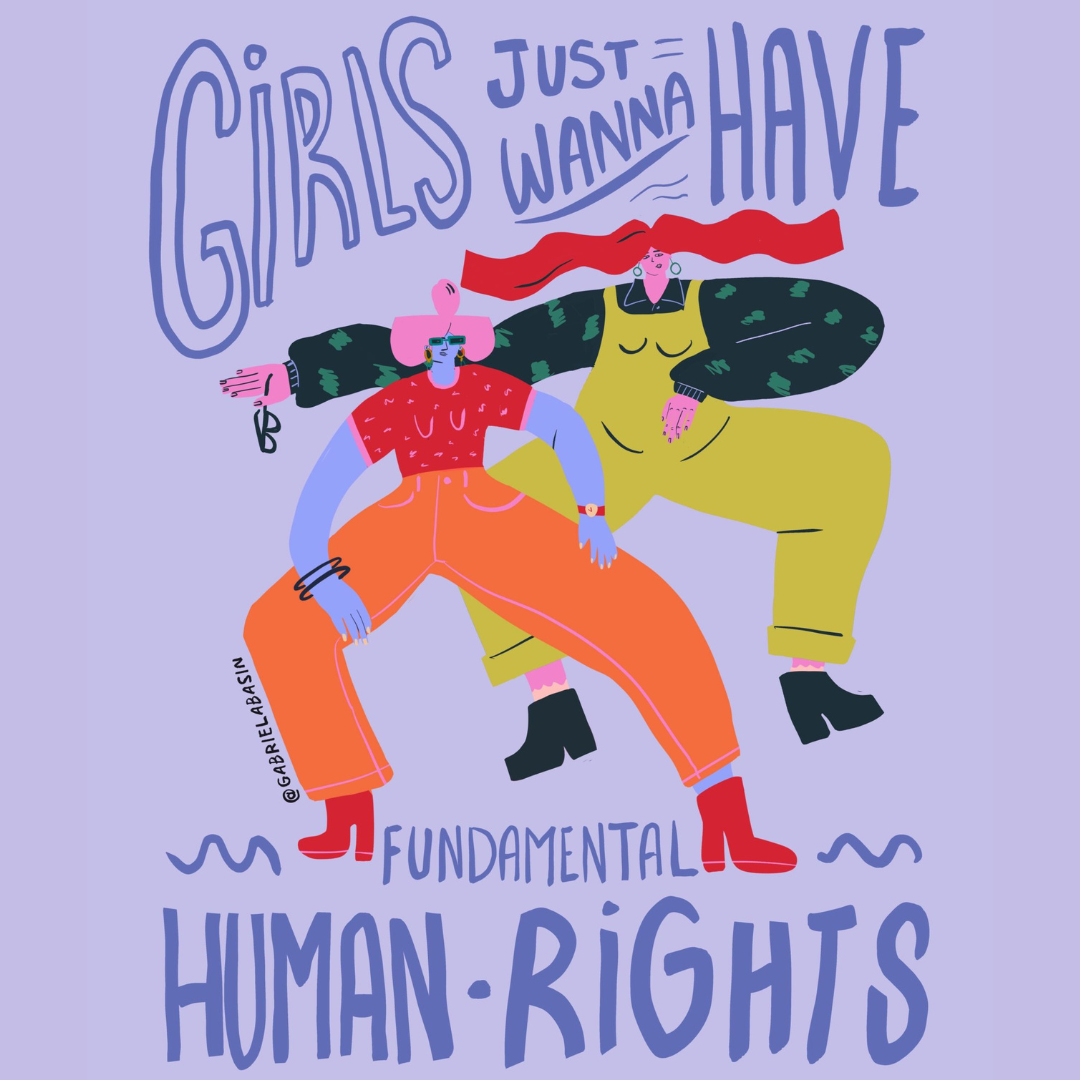Yesterday, UN member states gathered for the first ever High-level meeting (HLM) on Universal Health Coverage (UHC). It was an exciting day with the agreement of a ground-breaking political declaration that recognizes sexual and reproductive health as a component of UHC and with many strong statements on SRHR. The global SRHR movement now has an important role to play in making sure these commitments are translated into national level actions.
The high-level meeting was preceded by long and hard intergovernmental negotiations. The political declaration was supposed to be agreed upon beforehand and it was expected to be finalized in June. However, two weeks ahead of the High-level meeting, the political declaration was still not finalized. Negotiations repeatedly broke down on the paragraphs related to sexual and reproductive health (SRH) and reproductive rights (RR), with the U.S. strongly positioning itself against these. Progressive States, CSOs, networks and other key actors kept on putting SRHR back on the agenda.
Then, with only 14 days to go before the high-level meeting, the U.S accepted the paragraph and there was a final declaration. The U.S and a handful of other member states choose to make their own anti-SRHR Statement at the high-level meeting yesterday. They were, however, by far outnumber by the number of states that made strong SRHR commitments. This included the EU Commissioner for Health stating that the EU reaffirms its commitment to the right of every individual to have full control over, and decide freely and responsibly on matters related to their sexuality and sexual and reproductive health. The most inspiring statement of them all was a cross-regional statement signed by 58 member states, concluding that SRHR is a critical and integral part of UHC.
From the HLM process we can learn that we – as gender and SRHR advocates – do play a role in making sure that progressive member states do not forget to stay strong on the SRHR in UN negotiations. We can also learn that the US positioning at the UN level is a game where anything can happen, and nothing is to be unexpected. We should take away that the US hard line bothered several of its usual (conservative) allies. We should also take away that during the negotiations the entire UN membership, but one country, was ready to agree on the SRH paragraph.
Instead of focusing on what the Trump administration has done or said, we should use our energy to support processes aiming at translating the gender and SRHR-supportive paragraphs into national UHC commitments. As a global gender and SRHR community we should build on existing alliances – including those that emerged during the negotiations – and continue building new ones.
At a national level, we can support people to be engaged in the design, development, implementation and evaluation of any UHC programmes and policies. This can include facilitating the building of evidence and capacity needed to engage and hold governments and providers accountable. We can directly or indirectly lobby governments for them to make sure that national UHC initiatives are grounded in a human rights-based approach which also tackles the root causes of discrimination against women and girls. We should advocate the prioritization of a comprehensive package of SRHR interventions in UHC policies and programmes, including by making sure SRHR-interventions are included in health benefits packages. In particular, there is a need to include interventions that could be considered sensitive such as safe abortion, post-abortion care, and sexual health.
The UHC HLM was definitely a step forward for sexual and reproductive freedom and this should be recognised and celebrated. At the same time, we should remember that incorporating SRHR into UHC does not end with an SRH-supportive UN declaration. Actually, the work has just started.
By Sara Österlund, (RFSU, C2030E partner)



